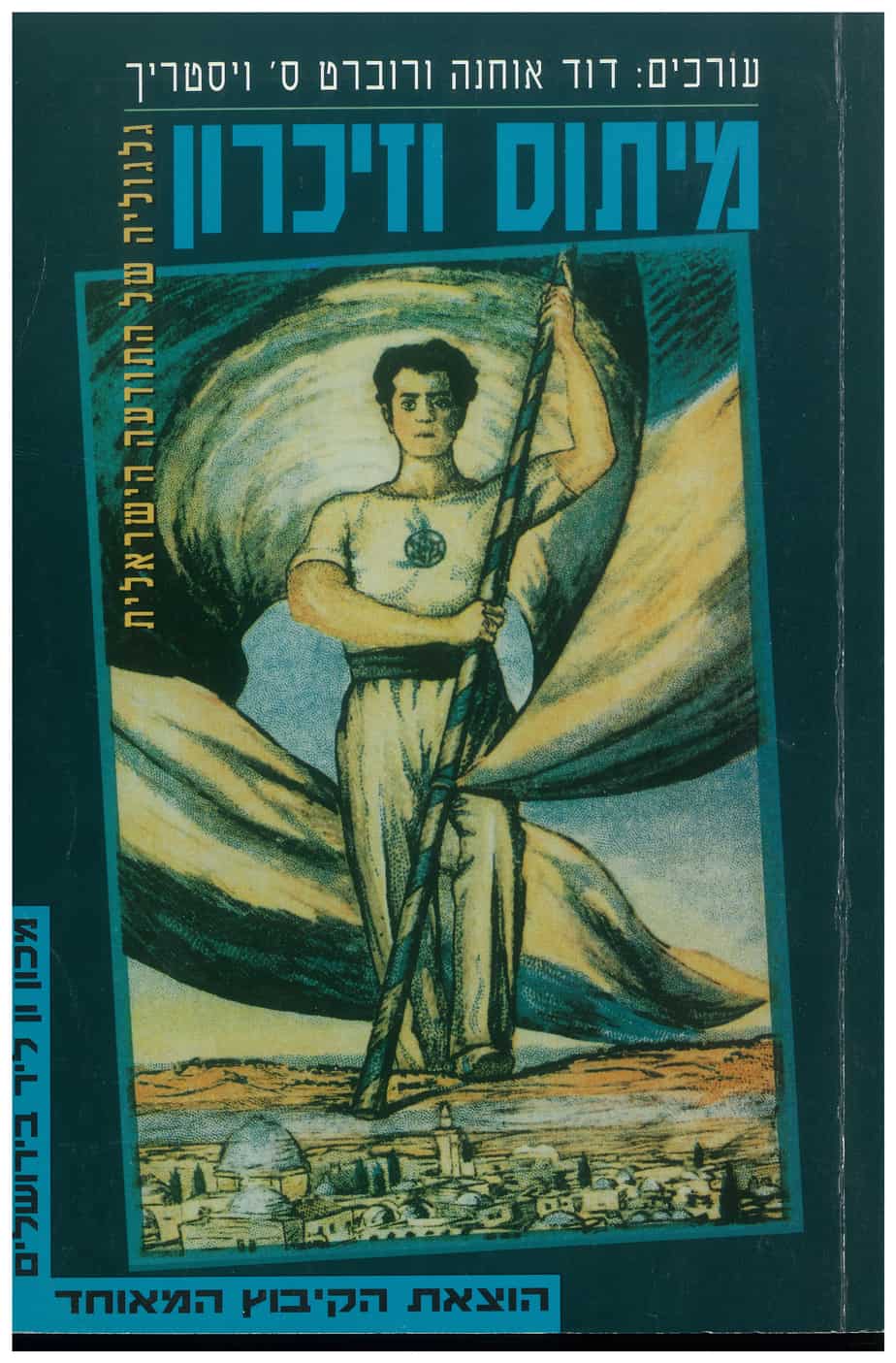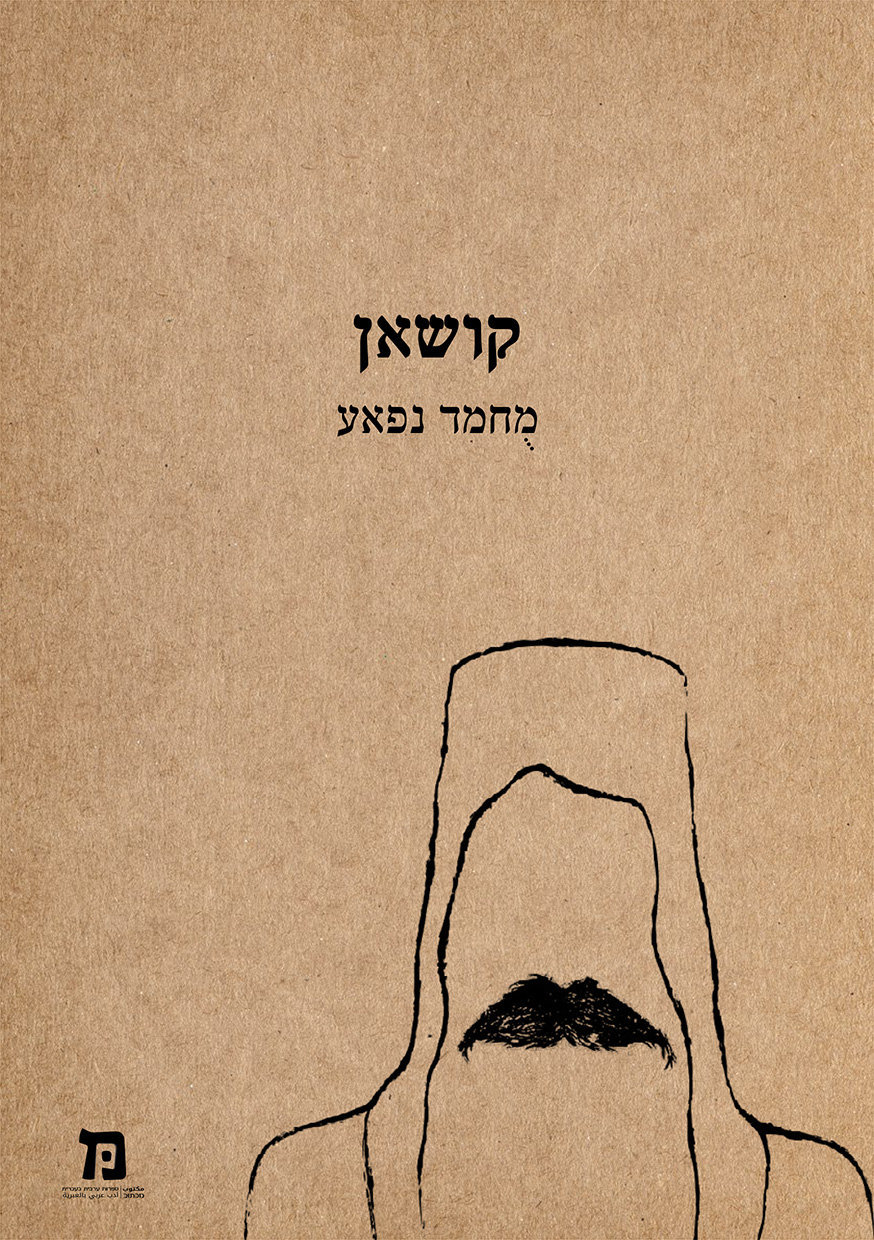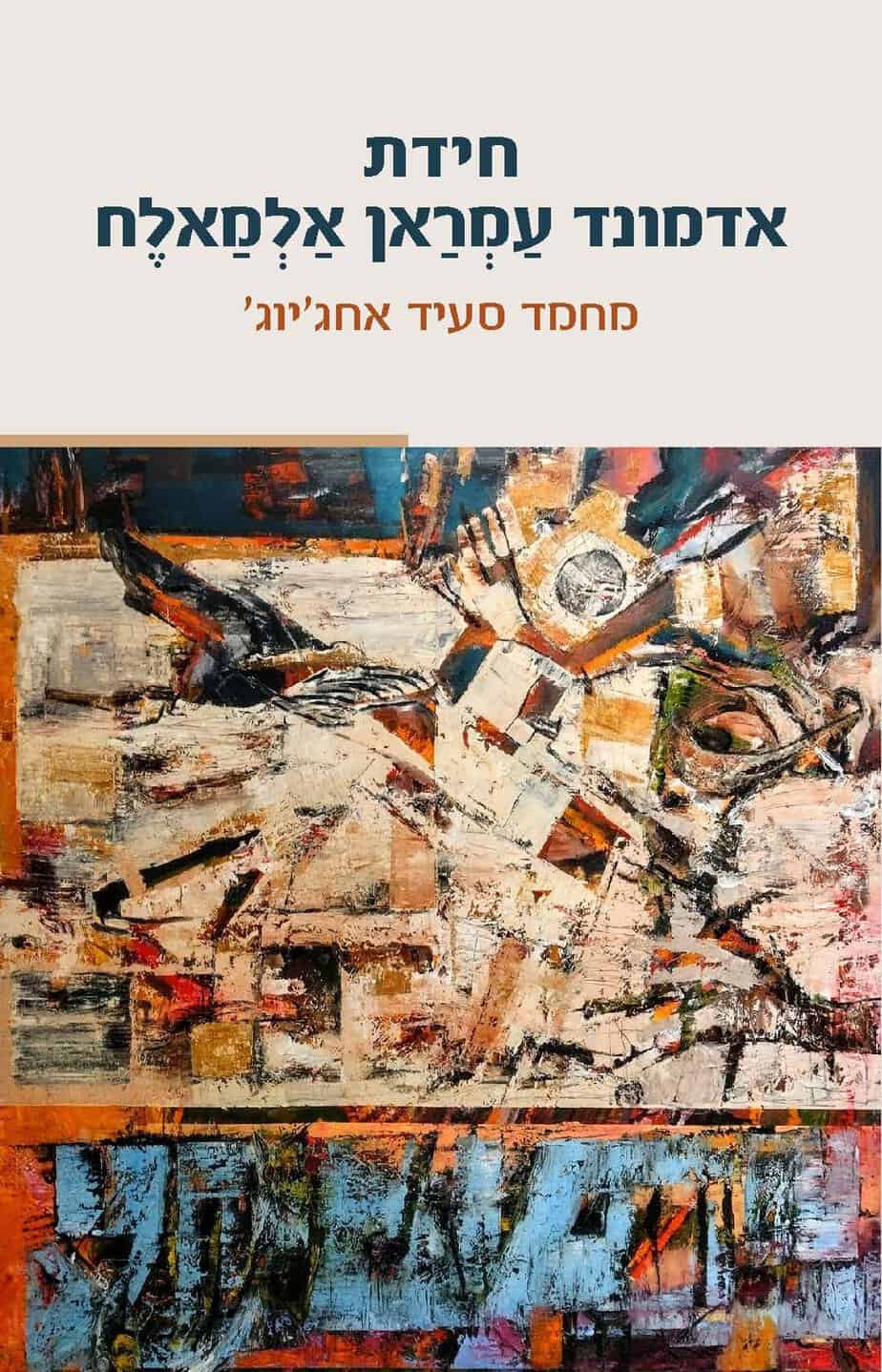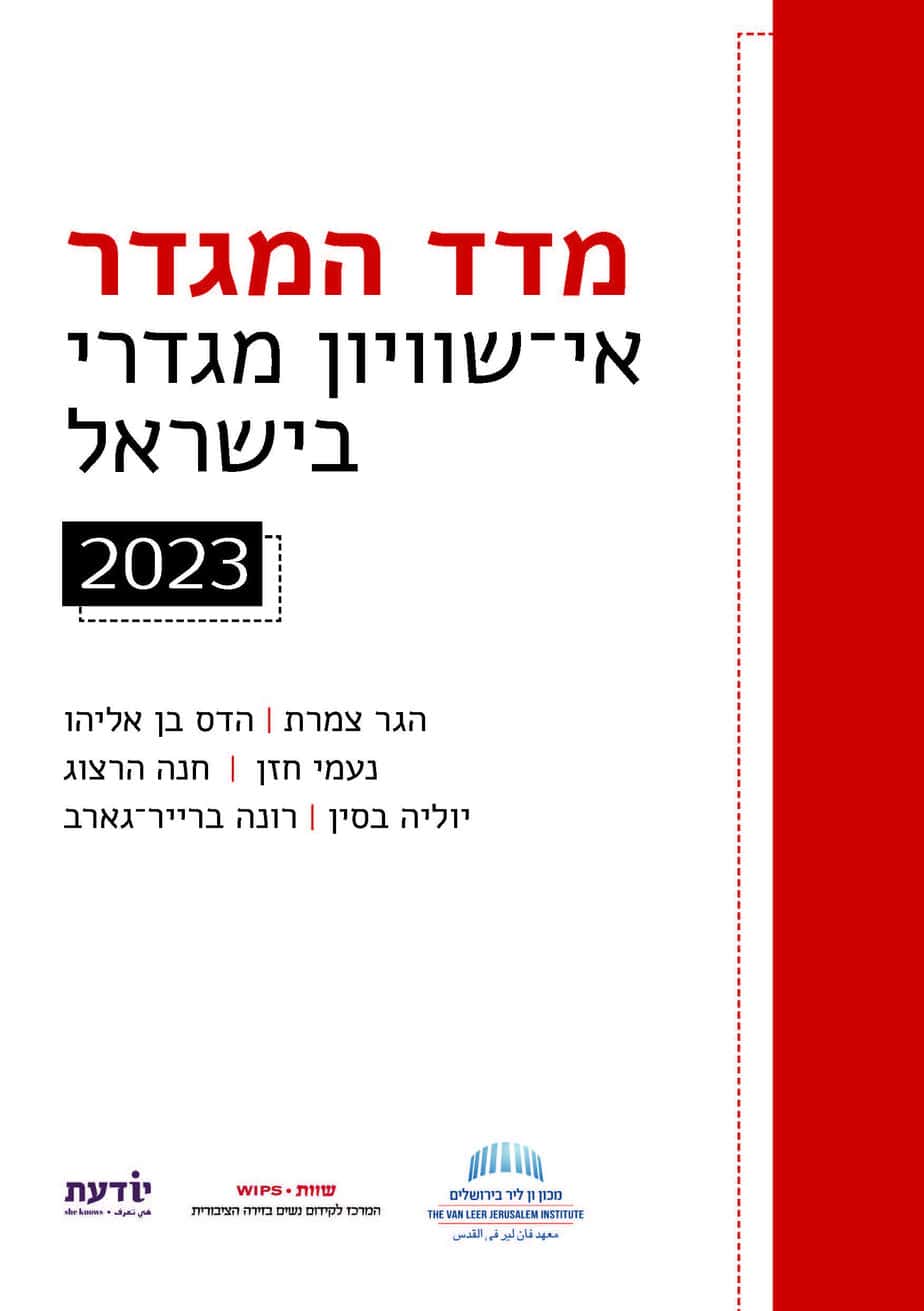Myth and Memory
Transfigurations of Israeli Consciousness
| Edited by | David Ohana, Robert S. Wistrich
|
| Publisher | Van Leer Institute Press and Hakibbutz Hameuchad |
| Language | Hebrew |
| Year of Publication | 1997 |
| Series | Theory in Context Series |
The axis of memory in Israel stretches from the Zionist revolution to the post-Zionist controversy. Do Israelis shape their myths in every generation—and examine them critically—or do the myths condition the patterns of their thinking and actions? How does a myth constitute Israelis’ collective memory? What is the place of this memory, which is constantly being created, on Israelis’ political action, social thought, and cultural creativity? Is it possible to still talk about “the” Israelis?
This is an innovative interdisciplinary study whose aim is to clarify the presence of myths in Jewish thought, Zionist ideology, and Israeli society. Its sixteen papers reveal and map the “mythical order” in Judaism, Zionism, and Israeliness. The authors see myths as perspectival truth, another means of interpretation, bubbling up from below the surface like an underground stream.
The study considers Gershom Scholem and the Baba Sali, Trumpeldor and Emil Grunzweig, the Lubavitcher Rebbe and Friedrich Nietsche, Herzl and Ben-Gurion, Masada and Auschwitz, Tel-Hai and Netivot, the sacrifice of Isaac and the intifada, Messianism and post-Zionism.
Out of print.




